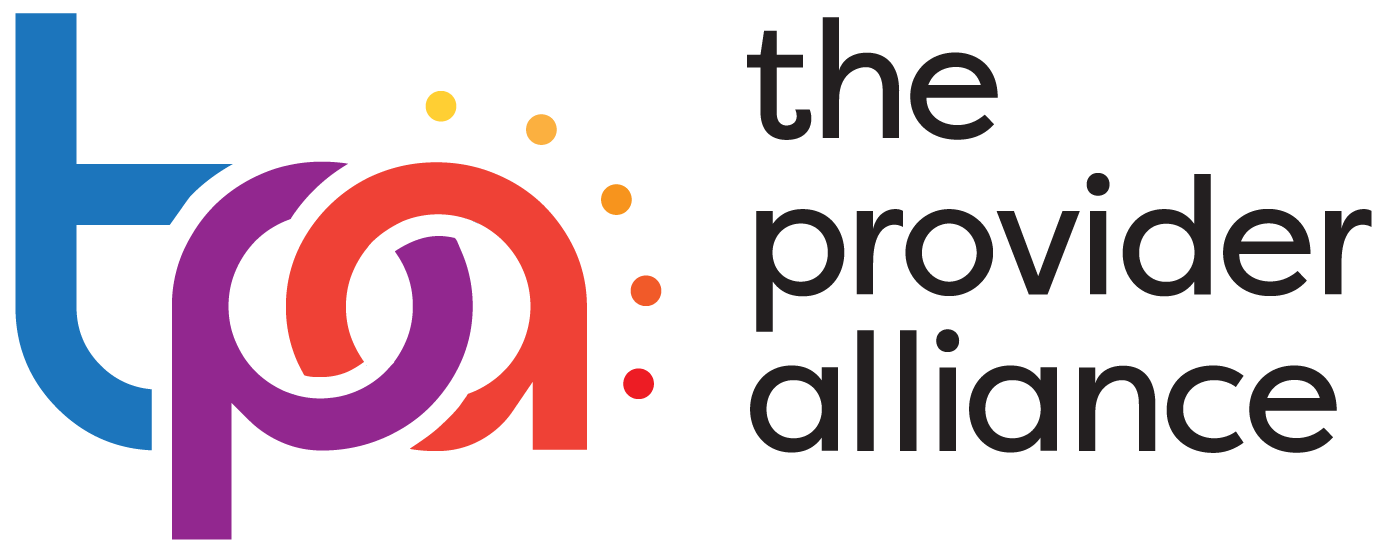In 1973, Polk State School and Hospital drugged, bound and caged people with intellectual disabilities. We demanded change and helped set the stage for improvements that have endured.
First-person essay by Robert Nelkin – April 28, 2023

“We shall overcome because the arc of the moral universe is long but it bends toward justice,” Dr. Martin Luther King Jr. famously assured America in 1968. This month, we’re reminded that Dr. King’s prophesy about the civil rights of Black Americans also turns out to be true about the human rights of people with disabilities.
Let me explain.
On Jan. 30, 1973, volunteers from the Allegheny County Chapter of the Pennsylvania Association for Retarded Children [ARC] daringly revealed scandalous conditions at Polk State School and Hospital, a Pennsylvania state institution for people with intellectual disabilities. The volunteers, who were parents of children with intellectual disabilities, fiercely sought to secure a better future for not just their own children, but for all children.
I was part of the team as a paid ARC advocate. We arrived at the institution in Venango County unannounced and, despite resistance from the superintendent, we insisted on visiting the wards. We ended up uncovering conditions long hidden from the view of parents and others.

The notes from one of our visits 50 years ago documented some of the horrors. The wards were unbelievably overcrowded and understaffed.
We documented: “One hundred beds per bedroom. No schooling or training. Limited interaction by staff. Residents tied to their benches or drugged to be easier to control. Cruel punishments of residents. A child lying in her vomit. The place a ‘hell hole.’”
Extremely upset by what we saw, and the lack of improvement from prior visits, we swore not to stand by while these innocent children and adults were so horribly mistreated. We came back from that visit enraged and resolute to sue the state, pressure public officials to visit and see for themselves, demand 1,000 residents be moved to alleviate overcrowding, and expose these atrocities to the public.
The cruelty had to be stopped once and for all.
As shocking as these revelations were, a greater shock would come a few weeks later.
Pennsylvania ARC visitors to another Polk ward saw a woman caged. In another ward, a man was caged.
On April 14, 1973, in response to our call for immediate dismantling of the cages, the state secretary of public welfare visited Polk unannounced. When the superintendent refused to dismantle the cages, he was fired.
It is disturbing to think that people might defend caging innocent human beings. But that is what the superintendent did and exactly what others did in a moment when they could have chosen right over wrong.
Hundreds of people wrote angry letters protesting the firing and justifying the use of cages. Unbowed by the blowback, the secretary of public welfare boldly announced a momentous reform plan to swiftly and finally address the serious problems at Polk. In the coming decades, the state gradually emptied Polk and similar facilities statewide, while building a new model of community-based services.

In the coming days, the facility — now known as Polk State Center — will finally be closed.
This month, the last couple dozen residents were being moved from this institution that once held more than 3,000 people with intellectual disabilities. While this is news we have been waiting for, it is hard to understand why it took 50 years when other deplorable state institutions closed decades ago.
Polk symbolized the past ways that society treated people with disabilities. Now, Pennsylvania has made exceptional progress for individuals with disabilities, their families and our society.
The new way includes a right to public education, substantial government financial support for programs, more help for families, manageable scale and normalcy of residences, more accommodations and inclusion into — and embrace by — communities.
I have wondered if the scandalous abuse and neglect we exposed at Polk could happen again. I do not think it likely. Individuals now live in their own communities — not far away, out of sight and out of mind.
Mistreatment will be harder to hide. Families will insist on not losing hard-fought gains. Advocates have learned and will be eternally vigilant. Younger generations are more caring as they have grown up side-by-side with individuals in their homes, schools and communities.
There is much less stigma and discrimination. In fact, young people today often discover that their own lives can be enriched by engaging individuals with disabilities as true, equal friends sharing fun, joy and feelings.
Beyond disability rights, are there lessons from this historic saga for people seeking justice?
Yes, this is a story that should encourage citizens, advocates and groups pursuing a just society. We learned that achieving social progress requires audacity, resolve and firm moral convictions to stand against wrong and to do what is right.
We learned: With steadfast perseverance over many years, social justice is possible.
Robert Nelkin is retired from a 50-year career of government, academic and nonprofit work, including as president and CEO of United Way of Southwestern Pennsylvania. He can be reached at bobnelkin@yahoo.com.
The Jewish Healthcare Foundation has contributed funding to PublicSource’s healthcare reporting.

